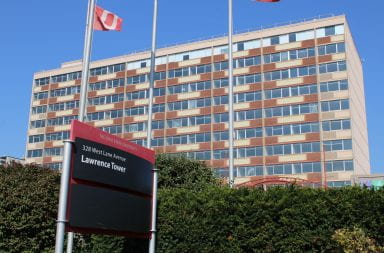While some USG members perceive a student legal services program as a benefit to all students, Gregory Williams, dean of the College of Law, sees things differently. In order for the law school to participate in student legal services, it would have to compensate by shifting focus away from current programs, Williams said.The school offers six to seven different clinics through which students work on real legal cases.These give law students firsthand experience on researching various legal issues, including civil and criminal cases.”Our goal is to give students a broad range of experience,” Williams said.In the civil clinic only a handful of landlord/tenant cases are chosen, and these cases attempt to deal with range of issues, he said.If a student legal services program was implemented through the law school, Williams said law students wouldn’t be able to experience the broad range of the other clinics.In order for students to get academic credit for participating in student legal services, the American Bar Association requires full-time faculty to participate in the services as well.He thinks this would divert faculty attention away from other important clinics.”To do something in one area takes away from another,” he said.He said he was aware how serious the need for student representation is, but there are other issues that need to be noticed, such as cost.”It would be easier and feasible, if the (law) students got paid,” he said.This would eliminate the need for full-time faculty, he said. It would also give law students the opportunity, if they wanted it, to develop an expertise.USG President John Carney suggests the students work as paralegals for the student legal services. “The law students could work for a short time with the student legal services and still have the chance to get an internship somewhere else,” he said.He said that the area around campus should be just as important to the law school and its students as anywhere else. Even though the majority of the cases would be landlord/tenant, he said that there would be other issues involved, such as cars being broken into, student arrest, and drunken disorderly cases. “The total cost of the program is $250,000 and our goal is to get this paid for without asking students to pay for it,” he said.The only way to defer the cost is to turn to the law school he said.”The law school needs to step up, and if they don’t we need to find a creative way to get the funds,” he said.Carney said that the law school needs to make sure that the students of this university are treated fairly.”Dean Williams is not really looking at ways his students could help the campus,” he said.It would be difficult for 40,000 students to be represented fairly by only student volunteers, Williams said.


